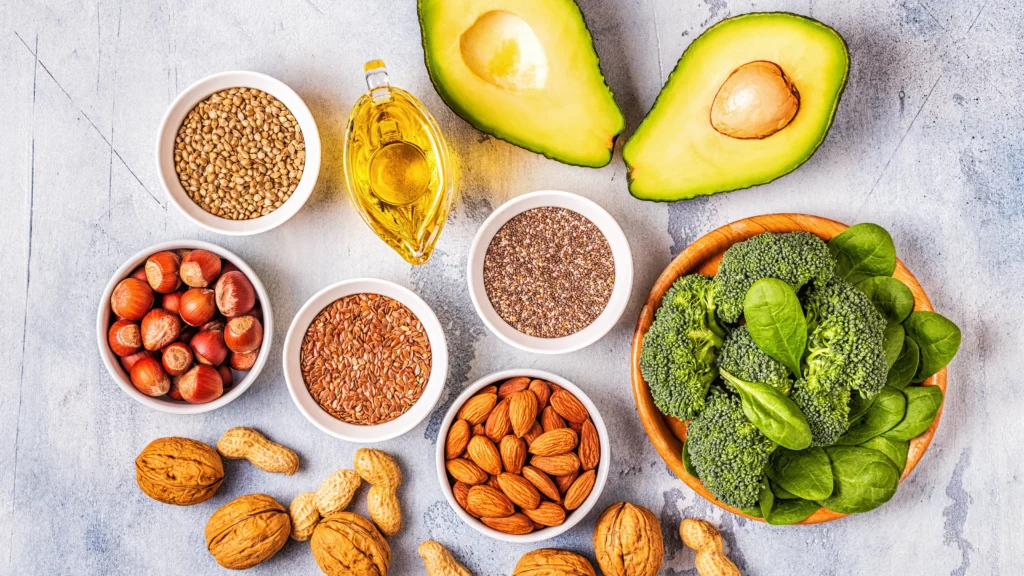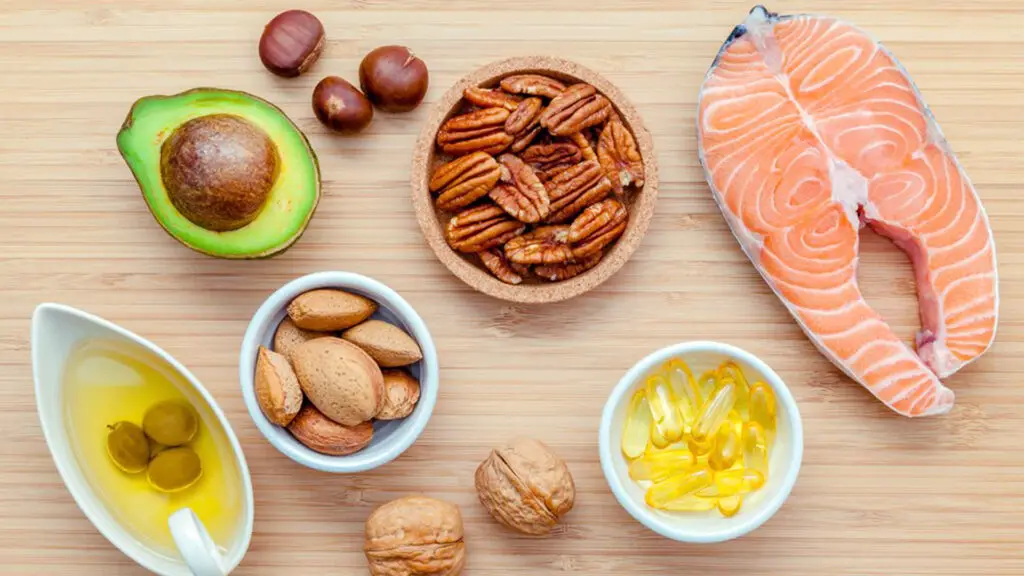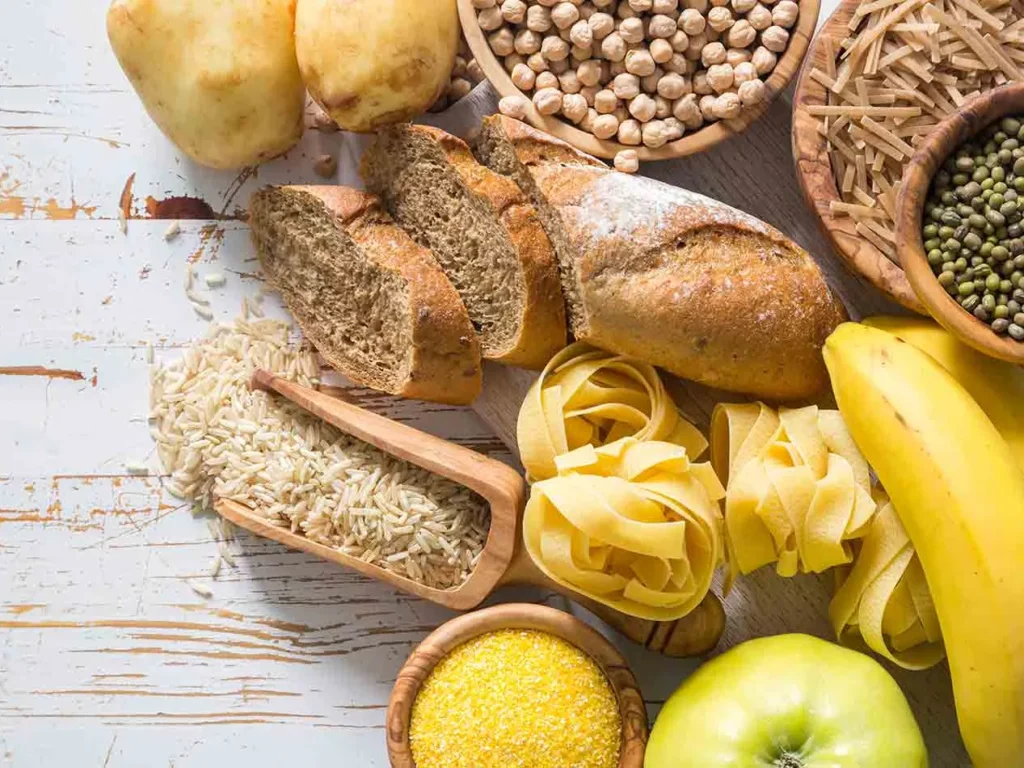10 Gestational Diabetes Diet Tips - The Best Way to Avoid Complications in Pregnancy

Gestational diabetes is characterized by elevated blood sugar levels during pregnancy in women who have never had diabetes before. Gestational diabetes affects 6%–8% of pregnant women in the US.
Inadequate blood sugar control during pregnancy can have serious negative effects on both you and your unborn child.
If you detect high blood glucose levels during your pregnancy, you should seek medical advice immediately.
In this video, we’ll go over 10 dietary recommendations for gestational diabetes that can help you keep your blood sugar under control.
#1 Limit your Diet to Main Meals

A small to moderate diet for three main meals and two to three snacks per day is recommended. Don’t skip any meals, and limit your intake of heavy foods to your main meals only. High blood glucose spikes may result from it.
#2 Add More Fibers

You have to add plenty of whole fruits and vegetables to your diet. They increase the fiber content of your diet. Fibers help slow down the absorption of glucose into your body.
#3 Take Lean Proteins

Lean protein is a source of protein that is low in saturated fat. You should consume a moderate amount of lean protein per day.
You can choose white-fleshed fish, skinless white meat poultry, low-fat cottage cheese, beans, peas, and lentils.
#4 Manage Fats Consumption

You should limit your consumption of fatty foods. However, you ought to include healthy fats in your main meals.
They give the body the energy it needs to grow and are essential for a baby’s brain development.
#5 Modify the Meal with Complex Carbohydrates

Most of your energy comes from carbohydrates. So you have to add complex carbohydrates and try to avoid simple carbohydrates like potatoes, white rice, and other sweets. You must eat a moderate amount of whole-grain, high-fiber carbohydrates.
#6 Avoid Sugar Beverages

Sugary beverages like soda, fruit juices, and soft drinks should be avoided. These liquids can enter the body very quickly and result in high blood glucose spikes.
#7 Careful with your Breakfast

Foods like cereal, milk, and fruits should be avoided in the morning. Pregnancy hormones can cause high blood glucose levels in the morning. It is preferable to consume whole-grain and protein-rich foods.
#8 Choose Healthy Dairy Products

Dairy products are rich in calcium, phosphorus, protein, and all three of these nutrients. You must select low-fat or nonfat milk or yogurt.
#9 Avoid Alcohol and Alcoholic Drinks

According to the American College of Obstetricians and Gynecologists, pregnant women shouldn’t consume any alcohol.
Remember that there is no safe amount of alcohol consumption during pregnancy.
#10 Optimize your Diet Plan with Lifestyle Changes

You have to be active during the pregnancy period to optimize your diabetic diet plan. You can exercise safely by walking, swimming, and engaging in other low-impact activities.
I hope you get valuable information from this video and the article. When you like, share, and subscribe, it helps us create more content for you.




